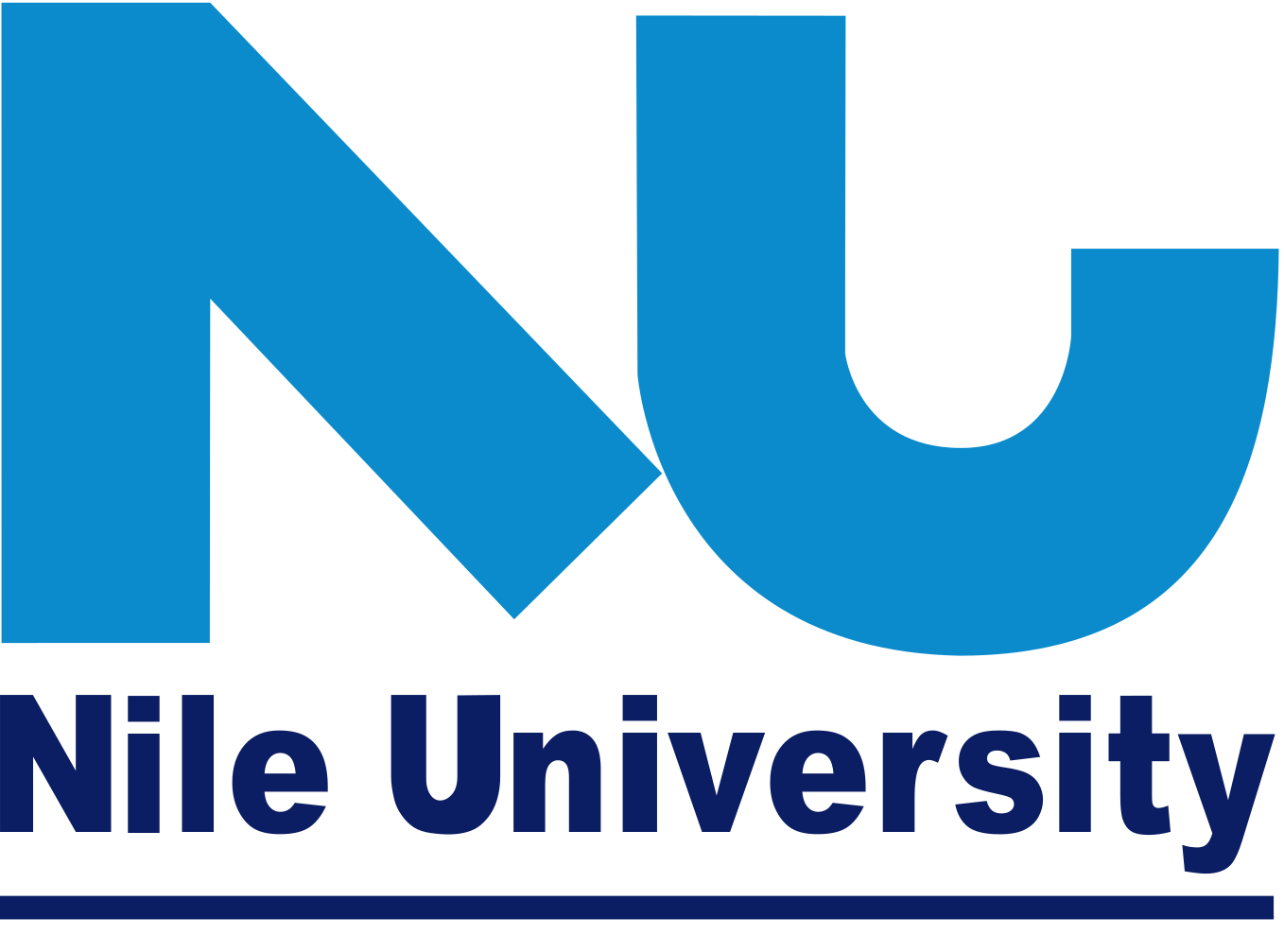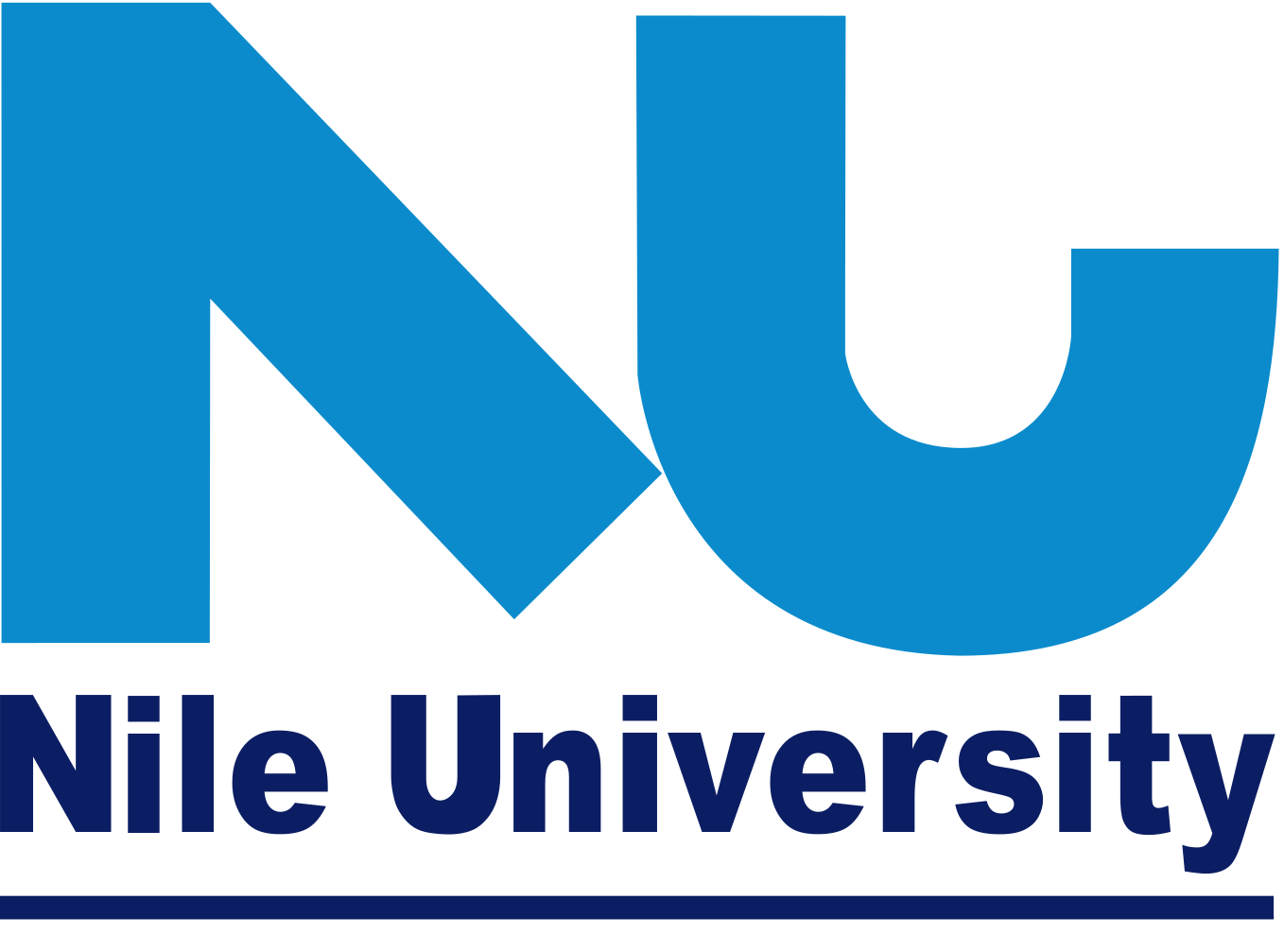Nile University has various labs in many fields and contains ones that can only be found in Egypt. Thanks to its collaboration with many academic and research international institutions, Nile University is considered one of the top-notch universities across the nation.
- FACT Labs are the first labs of automation and mechatronics in Egypt that are certified by Festo the German multinational leader company in industrial control and automation. These labs include; Pneumatics, Hydraulics, Automation and CNC labs.
- Mechatronics Lab is used in automotive systems and robotics. This lab is the cooperative integration of mechanical engineering, electrical engineering, electronics, and control theory for the design of intelligent systems.
- Metrology Lab is equipped with different dimensional metrology instruments such as calipers, gauges and instrumentation to inspect various features to help students with the study of measurement.
- Thermodynamics and Heat Transfer Lab is used in the teaching of Heat Transfer and Thermodynamics where experiments are conducted covering heat transfer modes, thermodynamics power and refrigeration cycles.
- Renewable Energy Lab is a specialized lab to aid students in understanding the fundamental concepts related to: Renewable Energy using Solar panels, Renewable Energy using wind turbines and the Hybrid system renewable energy.
- Innovation Hub Lab was established in 2015 to provide technical support and guidance to any project in the engineering field. The Innovation Hub Lab consists of 3 rooms; Inspiration Area, Prototyping Lab and Manufacturing Lab where the 3D scanner and the 3D printers are available for students to use for their projects
- The Chemistry Lab in Nile University gives hands-on lab training and activities in chemistry that are assigned to serve and support Nile University's students and researchers.
- The Computer Labs are used by the school of Computer Science students in the applied learning of programming and software studies.
- Industrial Engineering Labs
- Ergonomics Lab: The Ergonomics lab is concerned with experiments to fit the workstation and tools to fit the user and measure musculoskeletal stresses, evaluate Standing and working in awkward positions in workstations. Other experiments are conducted such as heart rate, vibration rate and auditory measurements.
- Metrology Lab: The metrology lab enforces the study of measurement, helps students to validate and verify predefined standards for traceability, accuracy, reliability, and precision. The lab is currently equipped with different dimensional metrology instruments such as calipers, gauges and instrumentation to inspect various features e.g. linear, angular, geometric form (roundness, flatness), hardness and surface finish measurements.
- Workshop and Non-conventional Manufacturing Lab: The main aim of the mechanical workshop is to introduce students to the basic concepts of manufacturing via shaping, forming machining, CNC machining and assembly. Through the different experiments we offer to our students, they can develop knowledge of appropriate parameters to be used for various machining operations and learn the basic use of machine tools and workshop equipment.
- Nano science and Material Lab: The nanoscience lab provides hands-on experience in advanced material science technology. Students acquire hands-on experiments that combine learning different methodologies for material fabrication and characterization techniques. We teach our students the key concepts of nanoscale phenomena that make nanoscience and nanotechnology one of the most exciting fields of research today. The focus of the lab is the physics and chemistry of nanoscale systems, exploring how the properties of materials change with size. We also focus on synthesis of nanoscale materials with different shapes as well as core-shell structures and hybrid materials. We also train students to use CES Edu pack software for material selection.
10-The Civil Engineering Labs is a lab complex which is created especially for civil engineering students and research; the civil labs are:
- The Hydraulics Lab, which is from Cussons (UK), includes a digital hydraulic bench with water pumps and all valves, and Osborne Reynolds apparatus.
- The Soil Mechanics Lab is from ELE (UK) and is fully automated and includes equipment used for basic soil classification, direct shear and 1-D consolidation testing, unconfined uniaxial compression.
- The Environmental Lab is also from ELE (UK) and includes a COD reactor, benchtop/turbidity meters, refrigerated incubator, distilled water still, spectrophotometer, laboratory flocculator, muffle furnace, glass bakers, and several other devices and chemicals.
- The Materials Lab from ELE (UK) includes heavy equipment such as concrete mixer, curing tank, cubes crushing, beam flexure machine, cement tests, non-destructive Pundit ultrasonic and Schmidt hammer devices.
- The Asphalt Lab is from Controls (Italy) and is fully automated, and includes equipment such as Los Angeles abrasion machines and Marshall compression testing.
- The Surveying Lab is from Sokkia (Japan) and includes modern equipment and tools used for engineering surveying work.

